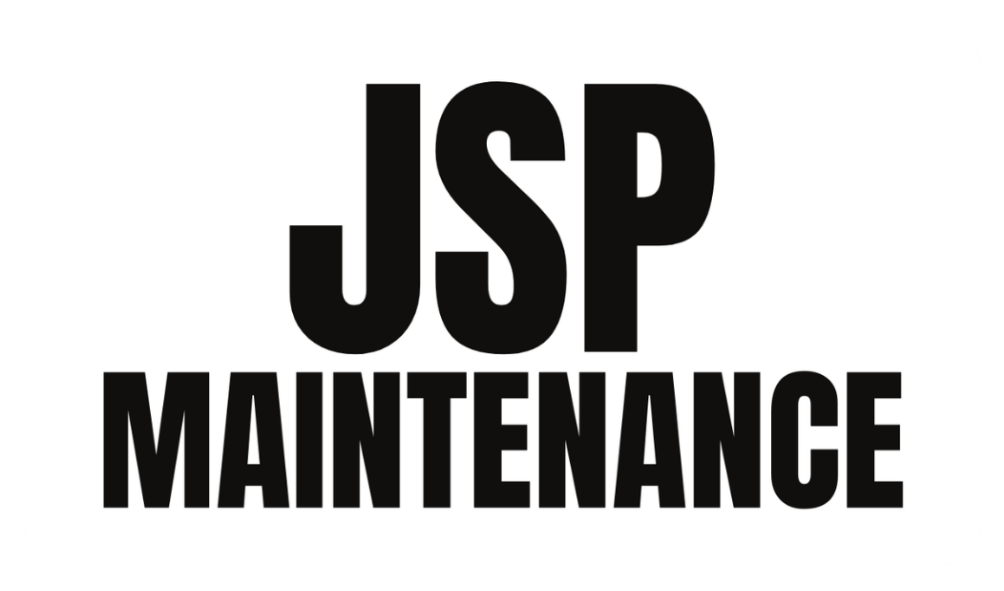verbal complaints
For any low complex complaints that can be resolved in a timely manner please approach either your team manager, the person in charge of the relevant area of the club or a committee member. For any high complex complaints please submit these in writing.
written complaints
For any high complex complaints that are likely to take time to resolve please submit these in writing. This ensures that the person handling the complaint has all facts you present in front of them and does not inadvertently omit any details when resolving the complaint.
You can submit a written complaint via email: feedback@gisbornesc.com
our policy
A complaint may be received in writing (via post or e-mail) or verbally (in person or via phone).
Any person that complains verbally may be advised to put the complaint in writing depending on the complexity of the complaint.
All complaints received by the club relating to any part of the operation of the club will be entered into the Complaints Register.
The Complaints Register will be kept by the Communications Officer.
The President will, as an item on the agenda, have complaints listed. The committee will deal with each complaint and the President will provide a response to the complainant, a copy of which will be entered in the Complaints Register.
Any committee member may present a complaint from any person to the committee to be dealt with (as per point 5).
Should a complaint arise against a committee member or the committee as a whole, the complaint should still be in writing with a request for a mediation session to occur.
Rule 7.3 in the Gisborne SC Constitution states:
(a) In any Dispute, a Member may appoint a person to act on behalf of the Member in the Dispute procedure, and accordingly, a reference to a party to a Dispute includes reference to a person acting on behalf of a Member.
(b) The parties to a Dispute must meet and discuss the matter in dispute, and, if possible, resolve the Dispute within 14 days after the Dispute comes to the attention of all of the parties.
(c) If the parties are unable to resolve the Dispute at the meeting or meetings held in accordance with rule 7.3(b), or if a party fails to attend such a meeting, then the parties must, within 10 days, hold a meeting in the presence of a mediator.
(d) The mediator must be an unbiased decision maker and must be:
(i) a person chosen by agreement between the parties; or
(ii) in the absence of agreement:
(A) in the case of a Dispute between a Member and another Member, a person appointed by the Directors; or
(B) in the case of a Dispute between a Member and the Club, a person appointed by FV.
(e) A Member can be a mediator.
(f) A Member who is a party to the Dispute cannot be a mediator.
(g) The parties to a Dispute must, in good faith, attempt to settle the Dispute by mediation.
(h) The mediator, in conducting the mediation, must:
(i) give the parties to the mediation process reasonable opportunity to be heard; and
(ii) allow due consideration by all parties of any written statement submitted by any party; and
(iii) ensure that natural justice is accorded to the parties to the Dispute throughout the mediation process.
(i) The mediator must not determine the Dispute.
(j) If the mediation process does not result in the Dispute being resolved, the parties may then seek to resolve the Dispute in accordance with the process set out in the Grievance Procedure.
























